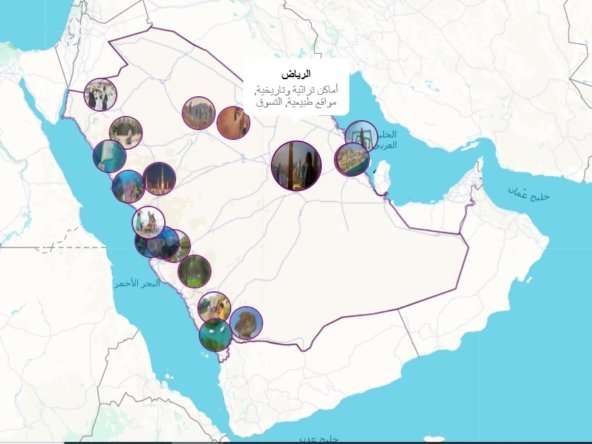Introduction:
Gharar is an important concept in Islamic jurisprudence. Especially when it comes to sales and leasing transactions.
Abu Huraira (may Allah be pleased with him) said: “The Messenger of Allah (peace and blessings of Allah be upon him) forbade selling a pebble. And against the sale of gharar” – Narrated by Muslim.
What is Gharar?
In the language: danger or uncertainty. There’s no telling how things will turn out.
Fraud in the sale or lease of real estate: It is the sale or lease of a property that is not clearly defined. or the sale or lease of real estate whose fate is unknown. Selling or renting a high-risk property.
The sale or lease of real estate:
1. Selling or renting a non-existent property:
- Selling a property on paper: This is the sale of a property that has not yet been built or for which all building permits have not been obtained.
- The sale of fictitious real estate is the sale of real estate that doesn’t exist.
2. Selling or renting a property that is not clearly defined:
- Selling or renting a property without specifying its area: This may lead to a dispute between the seller and the buyer or the lessor and the lessee about the actual size of the property.
- Selling or renting a property without defining its boundaries: This could lead to a dispute over the property’s boundaries and location.
- Selling or renting a property without locating it: This may result in the buyer or tenant not being able to accurately locate the property.
3. Selling or renting a property that is in a legal dispute:
- Selling or renting a disputed property between heirs: This may result in the contract being canceled and money recovered by the buyer or tenant.
- Selling or renting a mortgaged property: This may result in the property being seized by the creditor if the debt is not paid.
4. Selling or renting a property that is at risk of demolition or removal:
- Selling or renting an illegal property: This may result in the property being demolished by the authorities.
- Selling or renting a property in an area threatened with demolition: This may result in the property being demolished in the future.
5. Selling or renting a property whose fate is unknown:
- Selling or renting a property with a planned investment project whose details have yet to be determined: This may result in the buyer or tenant not knowing what will happen to the property in the future.
Examples of gharar in the sale or lease of real estate:
- Selling an apartment in a building that hasn’t been built yet.
- Selling a piece of land without specifying its boundaries.
- Renting a shop in an area threatened with demolition.
- Selling a disputed property between multiple people.
How to avoid gharar in selling or renting real estate?
- Make sure the property exists and conforms to the description: The property must be inspected to make sure it exists and conforms to the description provided by the seller or lessor.
- Obtain all official documents: All official documents related to the property must be obtained. Such as the title deed, building license, and retail permit.
- Make sure there are no legal disputes: Before buying or renting a property, make sure there are no legal disputes over the property.
- Make sure there are no risks to the property: Make sure there are no risks to the property. such as the risk of demolition, removal, or environmental hazards.
- Consult a real estate professional: It is advisable to consult a real estate professional before buying or renting any property to ensure that the process is safe and free from any deception.
Note:
- Gharar can be considered one of the impediments to the validity of a sale or lease.
- The buyer or tenant can demand the cancelation of the contract and a refund if fraud is proven.
Conclusion:
Understanding the concept of gharar in the sale or rental of real estate is important to avoid falling into it.




